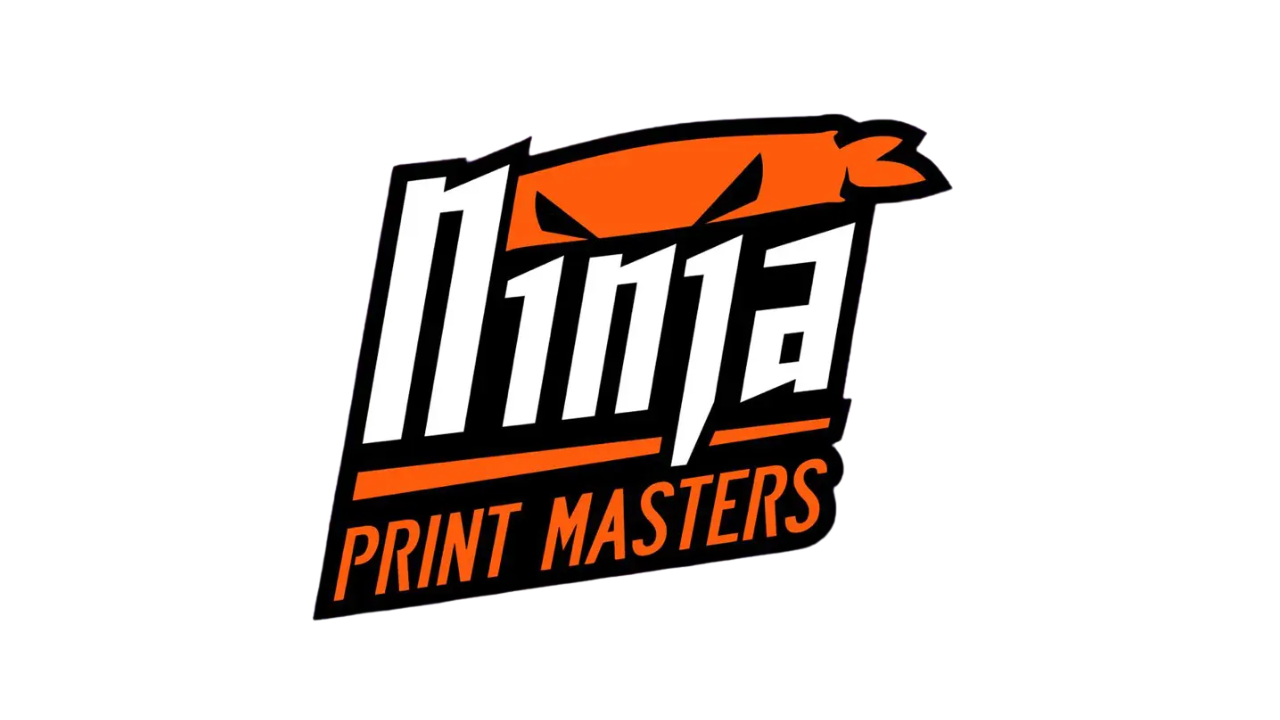Introduction and presentation by Xico Flores
Sergio welcomes Xico Flores from Spain, an expert in textile printing and creator of the Ninja Print Masters channel, with more than a million followers. His career in the graphic world and his enormous influence on the dissemination of DTF in Spanish stand out.
Beginnings in the graphic world: from lettering to textile vinyl
Xico explains how he came to the graphics sector by accident. His first sign business failed, prompting him to explore new techniques such as textile vinyl, sublimation, screen printing, embroidery, and finally digital printing (DTF and DTG).
From avoiding teaching to building a global academy
Although his parents were teachers, Xico initially rejected the idea of teaching. However, the demand led him to share his knowledge and found an online academy with more than 10,000 active students. Today he combines production with specialized graphic training.
Business model: 80% production, 20% training
He details how his company is divided between textile production (for own brands and external customers) and vocational training. Most of its turnover comes from printing services: screen printing, embroidery, DTF and digital transfer.
How Social Media Boosted Your Business
She recounts how she overcame her personal complexes to appear on camera, especially after the bankruptcy of a business in 2019. During the pandemic, he launched content on YouTube and TikTok, which revitalized his company and allowed him to connect with new audiences and customers.
Key tips for starting a business in textile printing
Xico shares a practical guide for those who want to set up a textile printing business: do prior research, use SEO tools such as Google Trends and Semrush, validate with real customers before investing, and start outsourcing to reduce risks.
DTF: growth, differentiation and profitable niches
Deep dive into why DTF continues to grow. Xico explains that there are still many unexplored applications, such as printing on EVA and other materials. He highlights the need for specialization to avoid price wars and differentiate oneself in a saturated market.
Similarities and differences between Mexico and Spain
The level of professionalization, the pressure of price as a decisive purchasing factor and the lack of formal training in both countries are compared. Although the economic context is different, the challenges of the graphics sector are similar in Latin America and Europe.
Lack of generational change in the Spanish printing sector
Sergio explains the absence of young people who join the graphic sector in Spain and how many new companies come from Latin American immigrants. The urgent need to communicate the value of printing as a profitable industry with a future is discussed.
Can artificial intelligence replace this sector?
Xico argues that jobs that require multiple human senses (sight, touch, smell, perception) are more difficult to automate. Textile printing, signage, and physical graphic design are still AI-resistant professions.
The graphics industry versus automation
It reflects on how physical and creative tasks are still far from being replaced. The complexity of producing, assembling, designing and printing on different media is a strength in the face of digital automation.
Sustainability as a business category, not a moral one
Xico presents a realistic critique of greenwashing in the graphic industry. It questions studies funded by major fast fashion brands, and argues that sustainability is not economically accessible to most businesses or consumers.
Real cases of sustainability and certification
Sergio shares experiences with certifications such as BREEAM in corporate buildings, where certified materials are required in signage. They talk about how sustainability becomes a business opportunity when working with big brands.
Final Thoughts and Closing of the Episode
Both agree on the need to better communicate the value of the graphic sector, show it as an industry and attract new talent. They say goodbye with the promise of future collaborations and thanks for the time shared.











